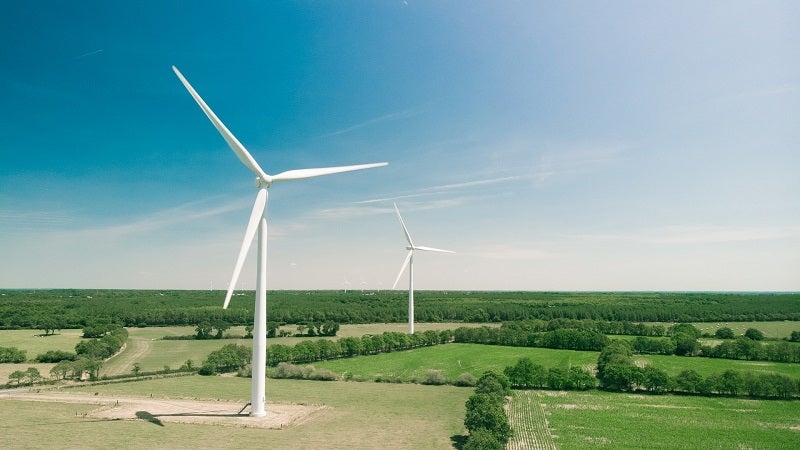
The International renewable Energy Agency (IRENA) said on Tuesday that investment in renewable sources of energy must increase massively by 2030 if the world is to meet the target of limiting an increase in global temperature to 1.5°C.
IRENA’s World Energy Transitions Outlook preview for 2023 warns of a “dramatic lack of progress” that has led the global energy transition off-track. The preview calls for a “fundamental course correction” in the energy transition.

Discover B2B Marketing That Performs
Combine business intelligence and editorial excellence to reach engaged professionals across 36 leading media platforms.
Investment must more than quadruple year-on-year until 2030, beginning this year. Global investments in energy transition technologies reached a record high in 2022 of $1.3tn, but this must increase to over $5tn this year and continue to rise by $5tn every year until 2030, IRENA said. By the turn of the decade, cumulative investments must amount to $44tn, with transition technologies representing 80% of this at $35tn.
Francesco La Camera, IRENA’s director-general, said: “The stakes could not be higher. A profound and systemic transformation of the global energy system must occur in under 30 years, underscoring the need for a new approach to accelerate the energy transition. Pursuing fossil fuel and sectoral mitigation measures is necessary but insufficient to shift to an energy system fit for the dominance of renewables.”
Improving capacity
Global deployment of renewable energy must grow from some 3,000GW today to over 10,000GW in 2030. This represents an average increase of 1,000GW annually, starting this year. Some countries must take more of the burden for this, particularly wealthier nations with transition infrastructure already in place.
La Camera said: “We must rewrite the way international cooperation works. Achieving the energy transition requires stronger international collaboration, including collective efforts to channel more funds to developing countries.”

US Tariffs are shifting - will you react or anticipate?
Don’t let policy changes catch you off guard. Stay proactive with real-time data and expert analysis.
By GlobalDataIn 2020, gross global electricity generation was made up of 28% renewables and 62% fossil fuels or other non-renewables. By 2050, renewables must account for 91% of gross electricity generation, with fossil fuels down to 5% to maintain the 1.5°C target.
Since the 1.5°C warming target was agreed at the Paris conference in 2015, the “scale and extent of change” has fallen far short of what is required, according to IRENA. Approximately 41% of planned investment in energy by 2050 remains targeted at fossil fuels.
This is not good enough in the face of climate breakdown, IRENA has warned. Instead, around $1tn of planned annual fossil fuel investment by 2030 must be directed towards transition technologies and infrastructure.
IRENA’s guidelines come just after the Intergovernmental Panel on Climate Change published its latest and most scathing report on the state of climate change. The report also warned that “the pace and scale of what has been done so far, and current plans, are insufficient to tackle climate change”. The report also highlighted that there are, presently, multiple feasible and effective options to reduce emissions and adapt to human-caused climate change.





